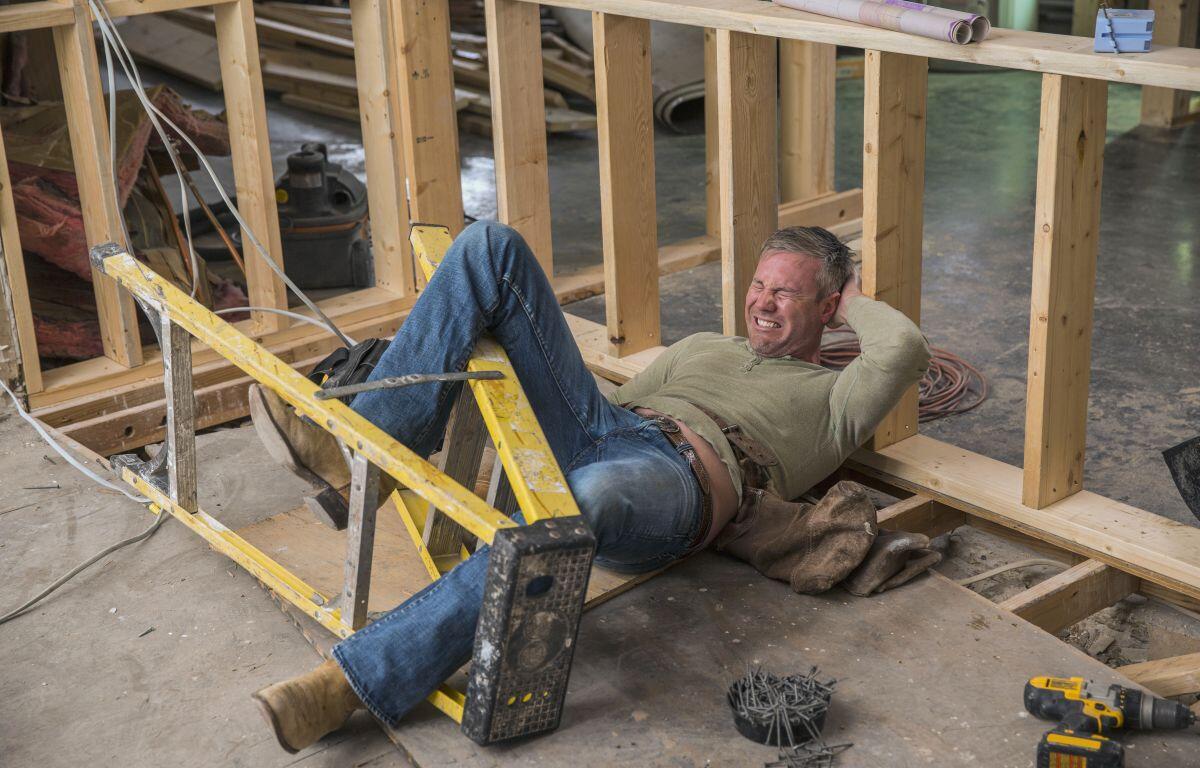CHAMPAIGN, IL (Chambana Today) – Workers’ compensation is designed to support employees injured on the job, providing them with medical care, wage replacement, and a clear path to recovery. Dr. David Fletcher, a physician at SafeWorks Illinois in Champaign, brings over 35 years of experience to the table, offering valuable insights into the workers’ compensation system.
The Role of Workers’ Compensation
Workers’ compensation ensures injured employees receive medical treatment, financial support, and the opportunity for rehabilitation without needing to prove fault. Dr. Fletcher explains, “Workers’ compensation is a no-fault system, meaning an injured worker can receive care even if the injury was partially their fault.”
Coverage for All Employees
In Illinois, the Workers’ Compensation Commission covers most employees, though specific rules apply to federal workers and railroad employees. Dr. Fletcher explains the importance of knowing which system applies: “The Illinois Workers’ Compensation Act governs most workers, ensuring they can access necessary care and benefits.”
Workers’ compensation differs significantly from regular health insurance. It covers the cost of medical care related to a workplace injury without the need for copays, and employees have the freedom to choose their treating physician. “You don’t have to worry about network restrictions,” says Dr. Fletcher. “You can see any doctor you need for your work-related injury.”
Reporting Injuries
One of the most critical steps for injured workers is reporting the injury immediately. Dr. Fletcher stresses, “The longer you wait, the harder it will be to prove your case. It’s imperative to report injuries as soon as they happen.” If a workers’ compensation claim is denied, it can be challenging to receive benefits. Dr. Fletcher advises seeking legal representation in such cases: “Most injured workers will need legal help to challenge a claim denial and get the care they need.”
Employers can help injured workers by offering light duty or modified work to accommodate recovery. Dr. Fletcher explains, “Light duty helps workers ease back into their jobs, which can significantly improve the recovery process.”
Maximum Medical Improvement (MMI)
Reaching Maximum Medical Improvement (MMI) is a key milestone in workers’ compensation cases. Dr. Fletcher defines MMI as “the point where a worker’s condition has stabilized, and no further significant improvement is expected.” At this stage, treatment options may shift to maintenance care.
The Role of Case Managers
Case managers play an essential role in coordinating care but may sometimes have conflicting interests. Dr. Fletcher notes, “Case managers work for the insurance company, which can lead to disagreements on treatment decisions. As a treating physician, my priority is the injured worker’s health and recovery.”
Vocational Rehabilitation and Wage Differentials
For those unable to return to their previous job, vocational rehabilitation can assist in finding new employment. Additionally, workers may receive wage differential benefits if they return to work at a lower-paying job. “The wage differential helps make workers whole if they can’t return to their previous position,” Dr. Fletcher adds.
Conclusion
Understanding the complexities of workers’ compensation is essential for both employees and employers. With his extensive experience, Dr. Fletcher continues to advocate for injured workers, ensuring they receive the care and support they need to recover fully. To reach Dr. Fletcher, please visit his website.


